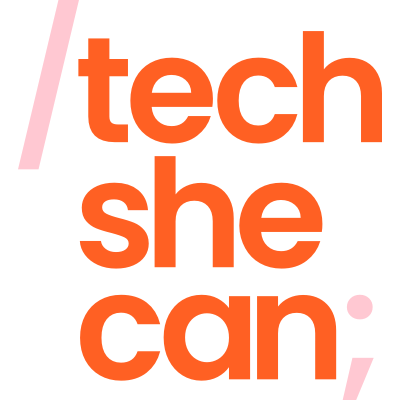PRESS RELEASE: Gender Stereotypes Threatening the Digital Revolution
Sheridan Ash, founder and Co-CEO of Tech She Can, said: “Today’s report finds that the saying, ‘You can’t be what you can’t see’ has never been more pertinent. Teachers overwhelmingly believe that children need real-life examples of relatable role models and information on career paths.
“Girls are more likely to enjoy STEM subjects, but boys are more likely to believe in a tech career. The findings of the report show that gender and social mobility have a multiplying effect on gender stereotypes surrounding careers. Education must focus on widening inclusion in both areas to understand, identify, and address all barriers preventing girls from getting into STEM, and government and business must play their part too.”
- Start in Primary Schools, supporting teachers with easy-to-access resources, showing how technology links to multiple areas of the curriculum.
- Bridge the gap between education and industry by showcasing diverse, relatable real life role models, the breadth and depth of careers and the different pathways into employment.
- Play to children’s passions and interests with engaging and interactive lessons and materials such as animations, digital lessons, videos, games and detailed lesson packs.
Tech She Can’s education programme ‘Tech We Can’ is launching a series of Live Lessons to help pupils explore technology and inspire pupils, created by qualified teachers in collaboration with industry. Their upcoming LIVES take pupils age 7 to 14 on a journey to demystify AI, explore outer space, and delve into the world of wearable tech in sport and are aimed at pupils. Registration is now open: https://techshecan.org/live-assemblies
---ends---
- Tech She Can is on a mission to change the ratio of women in technology. The charity inspires girls and boys about careers in technology through Tech We Can, a programme of free and inclusive resources and experiences for schools, created by qualified teachers in collaboration with industry. It provides resources and experiences free of charge to primary and secondary schools, including Lessons, Assemblies and Animations.
- Tech She Can is industry backed and receives core funding from its strategic partners: Accenture, Barclays, Centrica, Computeam, Credit Suisse, Develop, Deutsche Bank, Discover, eduthing, Google, Houseful - the home of Zoopla, Kyndryl, Morgan Stanley, NatWest Group, PwC UK, Savannah, TEKSystems, Tesco, The Hut Group, Unilever, University of Birmingham and UST.
- Since it launched in 2021 the charity provided lessons to 63,000 children and a further 325,000 have enjoyed its online resources.
- The full Tech She Can 2023 Impact Report can be accessed here and a video of its impact can be found here.
